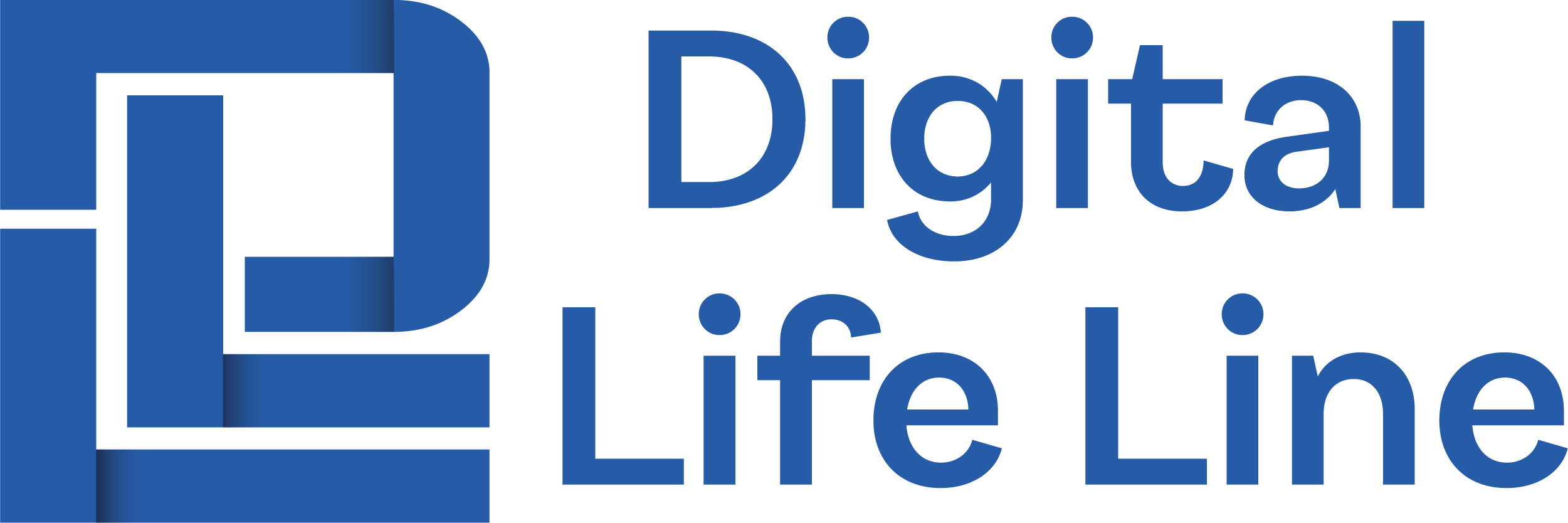DIGITAL security firm DiSa $ DISA: 532 +50%, through its subsidiary company Digital Life Line, has signed a tripartite licensing agreement with the National University of Singapore (NUS) and Singapore Health Services (SingHealth) for the use of new saliva-based Covid-19 antigen rapid test (ART) kits.
Digital Life Line plans to commercialise the ART kits, subject to its ability to obtain approval from the relevant regulatory authority. The subsidiary specialises in manufacturing and distributing the new saliva-based ART kits.
The kits will be bundled to a system capable of reading the results from the ART cassette, before authenticating and automating the delivery of the tamper-free test results to intended recipients. The system will also include an automatic self-test kiosk and a mobile application.
According to DiSa managing director and group chief executive officer Eddie Chng, the company’s serialisation technology will be used to tag each unique user to an ART kit, to prevent tampering of the test result.
DiSa highlighted the need for the ART kits to be tamper-free, considering the strong demand for these as Vaccinated Travel Lanes open up, and mandatory testing for workers from different sectors. Demand is expected to increase further as countries reopen and testing becomes more regular.
“Our system removes the administrative burden of the business owners who are required to do mandatory regular ART tests for their workers,” said Chng.
The saliva-based ART kits were developed by NUS and SingHealth Duke NUS Academic Medical Centre. On Wednesday (Dec 8), Duke-NUS Medical School announced that the new technology could test for Covid-19 “at the point-of-care with sensitivity higher than current ART tests and close to that of laboratory-based Polymerase Chain Reaction (PCR) tests”.
DiSa closed on Thursday (Dec 9) up by 0.2 Singapore cent or 100 per cent at 0.4 cent, after the announcement, with nearly 252.5 million shares traded.

